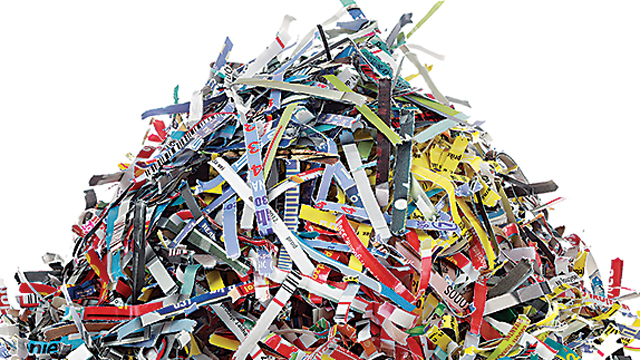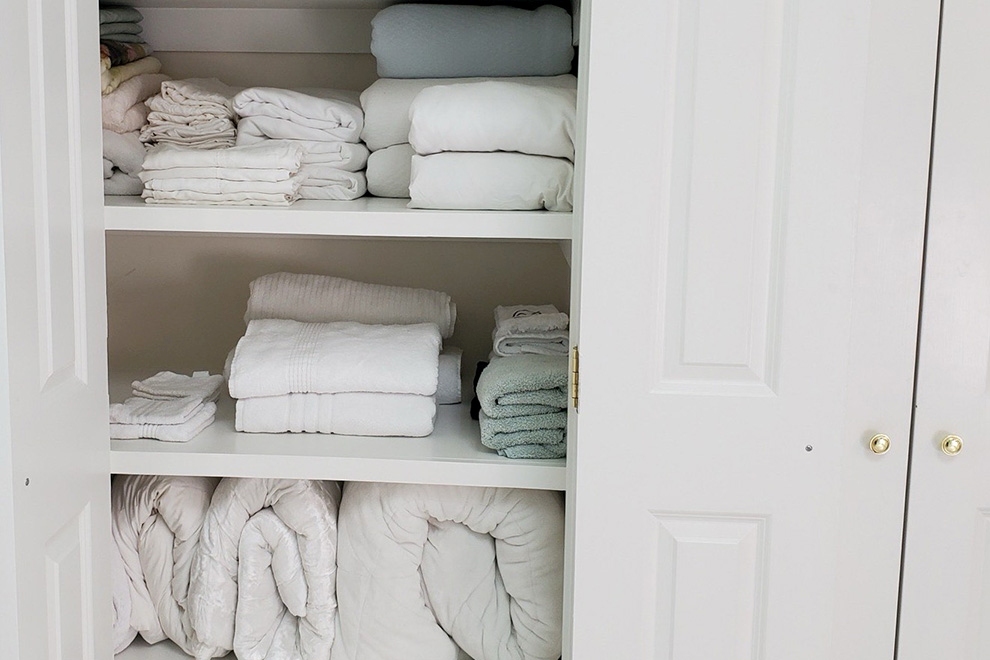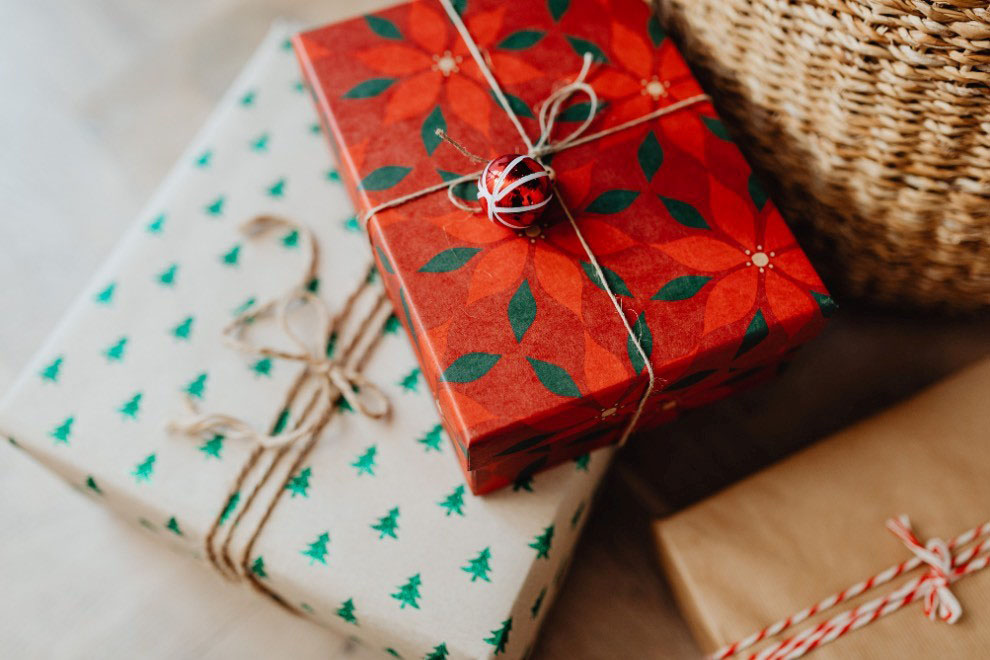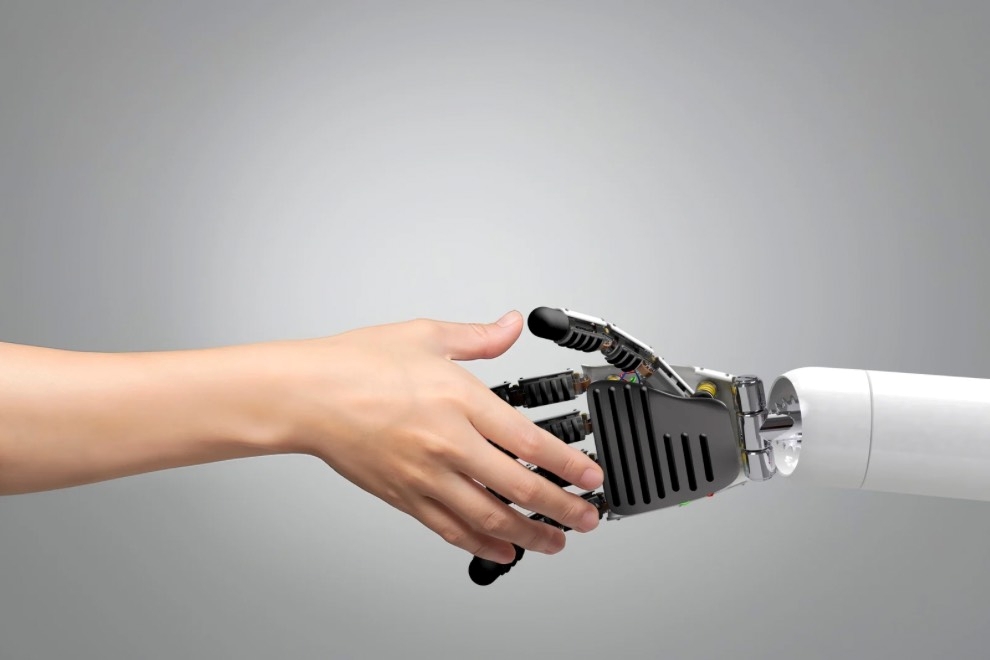What’s the big deal about contaminants in your recycling? If the item has the recycling symbol, isn’t it recyclable? Are plastic bags really a problem? What about batteries? Shredded paper? Metal caps and lids? Aluminum foil? The list of questions about recycling goes on and on.
First, thank you for recycling aluminum and steel cans; food and beverage cartons; glass bottles and jars; mixed paper and cardboard; kitchen, laundry, and bath plastic bottles; and tubs and containers. Local recycling efforts matter. However, it’s important to remember that only certain items can go into curbside recycling bins and drop-off recycling containers. These items are accepted for a specific reason:
They can be recycled and made into new products. Unfortunately, unacceptable items end up in recycling containers. All unacceptable items are landfilled, and what’s worse, these items may also contaminate and turn the items we typically can recycle into unrecyclable items.
Here are some common recycling mistakes:
1. Plastic bags are the number one contaminant found in recycling programs nationwide. Plastic bags damage sorting equipment and add additional processing and disposal costs. If you use plastic bags or film, recycle these at local grocery and retail stores.
2. Shredded paper is not accepted. Ever. Yes, it’s paper. Yes, we accept cereal boxes, newspaper, junk mail, magazines, and cardboard. Paper items are sorted by air. Imagine all of the shredded paper shards as confetti that clog machinery, contaminate other items (like glass), and end up as litter at the material recovery facility (MRF) in Chester. Contact local animal shelters to see if they can use your donation of shredded paper for bedding, or consider participating in a local document shredding event.
3. Never put batteries, of any kind, in recycling containers. Lithium batteries can cause fires. How do we know this? Lithium battery fires have damaged a recycling truck, a drop-off recycling container, and a building at the MRF. Check with local businesses that sell batteries for proper disposal options.
4. Never put hoses, cords, tree light strings, chains, and other tanglers in recycling. Tanglers are one of the most dangerous items put in recycling containers as they, like plastic bags, can wrap around the sorting equipment at the MRF and cause safety hazards.
5. No food-contaminated items, liquids, household garbage, or diapers should be placed in recycling containers. Place these in your trash can. No one at the MRF is going to open folded sheets or balls of aluminum foil to see if they are clean, so please dispose of your aluminum foil.
6. No styrofoam or foam items (carryout or packaging materials) of any kind are accepted, even if it has a recycling symbol on it. Take these to your local grocery store that has a bin marked with foam for recycling.
Remember, just because the item has a recycling symbol on it does not mean it is accepted. Bottom line: Think twice before recycling. Dropping items that are not accepted in your recycling container or at a drop-off recycling location can damage equipment, harm workers, and add additional sorting and disposal costs. When in doubt, please throw it out.





